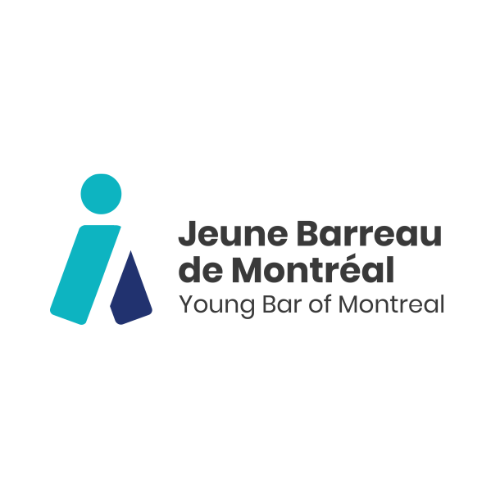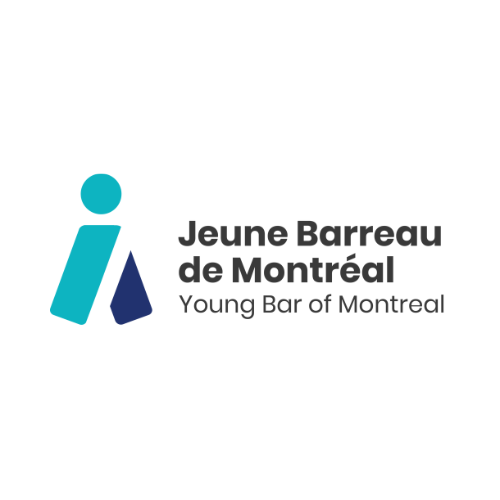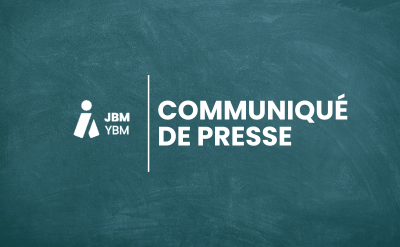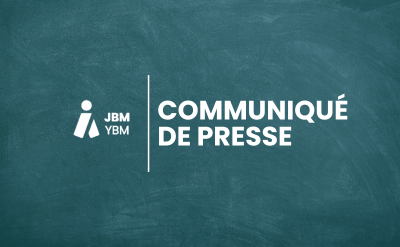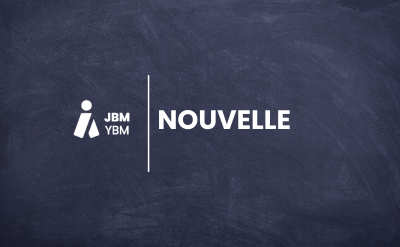News
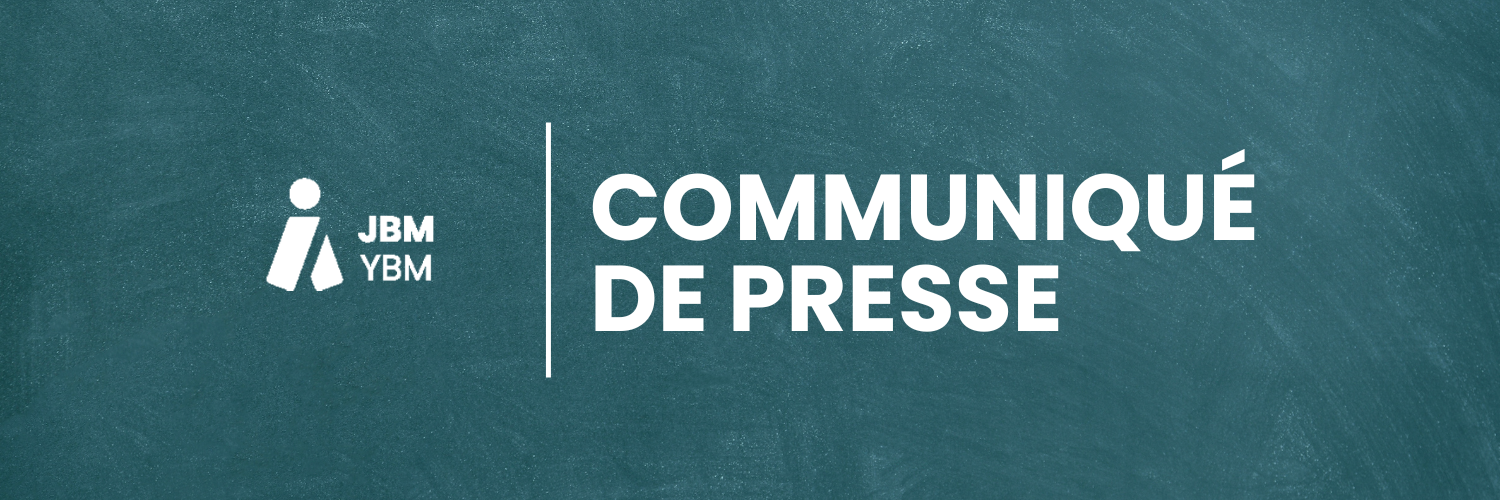
Young lawyers in Quebec: psychological health and early-career employment
Results of the study on the employment situation and well-being of young lawyers:
Montreal, October 28, 2025 - The Young Bar Association of Montreal (JBM ) today unveils the results of a vast surveytude menée à la fin de l'année 2024 auprès de 685 jeunes avocat-e-s ayant dix ans de pratique ou moins au Québec.
This research follows on from the work carried out in 2014 and 2016, which had already documented the employment situation and the well-being of the next generation of legal professionals. The 2024 study continues this approach with three main objectives:
- Describe and understand the employment situation of young lawyers in Quebec;
- Draw up a portrait of their psychological health and analyze the factors likely to compromise their well-being, commitment and longevity within the profession;
- Formulate recommendations to improve their working conditions, health and retention in the profession.
Directed by Prof. Nathalie Cadieux (Ph.D., CRHA), in collaboration with Marc-André Bélanger (M.Sc.), Prof. Jean Cadieux (Ph.D.), several research assistants, as well as professors Marie-Michelle Gouin (Ph.D., CRIA), Rémi Labelle-Deraspe (Ph.D., CRHA) and Geneviève Robert-Huot (Ph.D., CRHA), the study was carried out with the financial support of the Social Sciences and Humanities Research Council of Canada (SSHRC).
Implemented in partnership with the Jeune Barreau de Montréal (JBM), the Jeune Barreau de Québec (JBQ), theAssociation du Jeune Barreau de Régions (AJBR), and with the precieux soutient du Barreau du Québec, it highlights worrying findings concerning the health, working conditions and retention of young lawyers within the profession.
Developments since 2016
While the 2016 study revealed problems of access to internships, pay disparities and discrepancies between expectations and actual practice, the new study, while pointing to worrying findings, shows that some situations have improved.While the new study points to some worrying findings, it also shows that certain situations have improved;
- Access to employment: 72.9% of young lawyers find a job before the end of their articling period, compared with the longer timeframes observed in 2016.
- Income after 3 years' practice: significant increase, although entry into the profession is still marked by lower salaries than in 2016.
- Telecommuting and flexibility: 35.8% of participants can freely choose the number of days they want to telecommute, and 58.6% can determine the days they want to work remotely, with their employer's approval.
Worrying findings
- Stress and overload: the majority of young lawyers report significant pressure from billable hours and long working weeks (often 50 hours or more).
- Weakened mental health: almost half of respondents (44.9%) felt the need to consult a psychological health professional, but did not do so, due to lack of time, energy or fear of stigmatization.
- Intention to leave the profession: one in four young lawyers (25.1%) regularly consider leaving the profession; 31.6% dream of another career.
- Persistent inequalities: income gaps persist between men and women.
- Inadequate training: more than half feel that their university or Bar School training did not adequately prepare them for the realities of practice.
Key recommendations
- Improve academic law training courses at our universities
- Improve support for young legal professionals entering the profession
- Continue efforts to raise awareness of mental health issues among young lawyers and reduce the stigma surrounding these issues.
- Promote a better work-life balance among young lawyers
- Raise awareness among employers of the importance of resources to protect the health of young lawyers in the profession, but also of the working conditions likely to hinder their commitment and longevity within the profession.
Conclusion
This study reveals both positive advances since 2016 and continuing challenges in terms of the health, working conditions and retention of young lawyers in Quebec. The results underscore the urgent need for collective action to better support the next generation of lawyers, strengthen their well-being and ensure the longevity of the profession.
We invite you to read the full report:
" Although the Report allows us to note certain improvements since 2016, it emerges that much work remains necessary to ensure the well-being of young lawyers in Quebec. The results are cause for concern, but motivate us to forge ahead and redouble our efforts to represent and support young lawyers to the best of our abilities. Ensuring that our members have the opportunity to develop healthily in the profession is one of our priorities, and thanks to the Report's findings we will now be better equipped to work towards this. We look forward to continuing our efforts with various players in the legal field, so that together we can ensure the long-term future of our profession. "
Me Andrée-Anne Dion, President of the Young Bar of Montreal (JBM)
"The health and longevity of the legal profession depends on much more than just the technical skills of its members. They also depend on the conditions in which the profession is practiced, and on its ability to offer young people an environment conducive to their development, commitment and well-being. This report is both an observation and an appeal: an observation on the current state of the profession for young Quebec lawyers, and an appeal to collectively rethink our practices so that they live up to the aspirations and needs of those who will be responsible for justice in Quebec tomorrow ".
Prof. Nathalie Cadieux, Ph.D., CRHA, Université de Sherbrooke
